The Filipino Peasants and the Struggles and Influence of Communism
Good evening everyone, i will be sharing my Historical essay in one of my major class today, this time around my focused will be on the Philippine context especially on the Jubilation and Struggles of the Leftist. My article will try to evaluate and elaborate the nature and history of communism in the Philippines and by doing so i dig in using several articles and books as a references thus intent to answer the question:
How does the communist ideology affect the expression of nationalism among Filipino peasant?
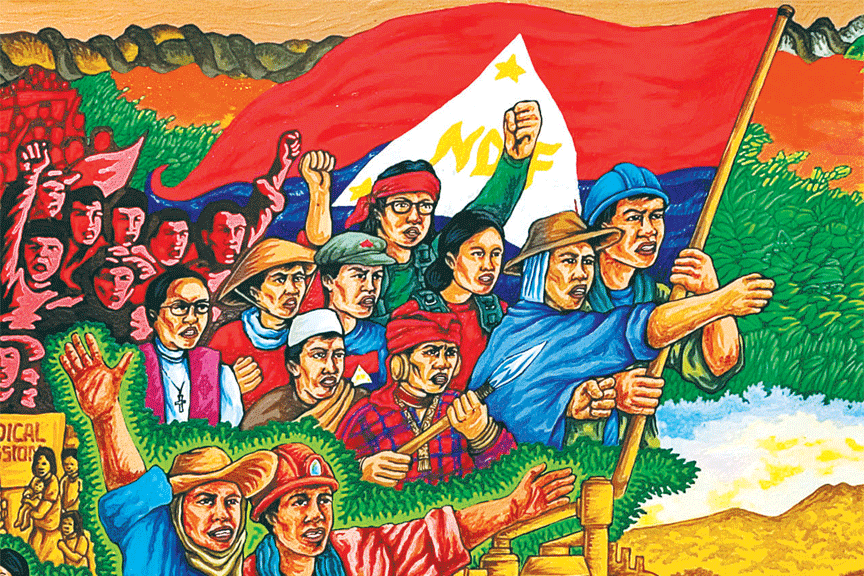
photo source
Throughout the world, Karl Marx Marxist- Leninist ideology is very evident, in the Philippine context of communism. The Democracy of the country is seriously being tested and challenged by different rebel groups and the anti-government that the ideals became a serious threat to the government. According to Biorseth, “communism is strictly theoretical system that imagined by Karl Marx in which all of society.
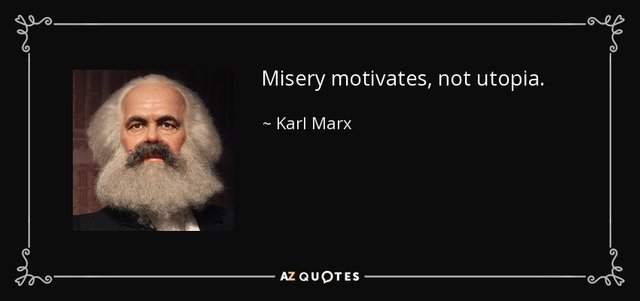
photo source
All of economics and all politics are combined into one, perfect, classless, automatic, government-less system or Utopia based on common ownership of all economic means of production, and social sameness. To achieve this utopian dream, Karl Marx and Frederich Engels wrote the "Communist Manifesto" to inspire violent revolution everywhere” Bioseth conclude that the ideology never really does exist but however the word Communism is synonymous with ongoing movements such as Marxism, Socialism even Maoism.
He also emphasizes the confusion from within countries or nations called themselves a communist one where in fact socialist one.Frederick Engels in The Principles of Communism define it “as the doctrine of the conditions of the liberation of the proletariat where in the proletariat is that class in society which lives entirely from the sale of its labor and does not draw profit from any kind of capital.
Upon understanding the context of Communism lets go back to the real question onto what extent does this ideology affect the expression of nationalism among Filipino peasant.
Communism in the Philippines
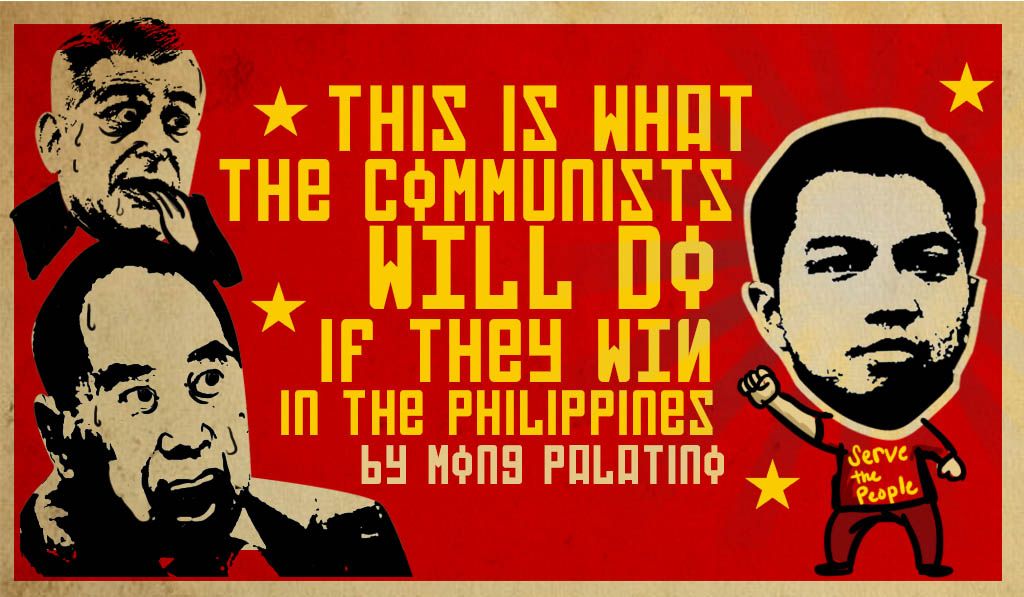
photo source
The Philippines made a strong legacy by being the first country in Asia to gain their independence from their colonizer on June 12, 1898 thus this implied on the early awakening of the nationalist sense of the Filipino people.Roberto Martin Galang of Ateneo de Manila University had made studies on the brief history of the of Communism in the Philippines, wherein in his papers he conclude that the communist ideology in the country begun as early as the under the last half-century of the Spanish regime.
In addition the paper traced Communism as a by-product to the economic prosperity and growth of the country and then it also narrates the changing and evolving composition of the different communist movement in the Philippines as it embraced on the path of tremendous political revolutions.
Communism in the Philippine was deeply rooted from the Spanish era
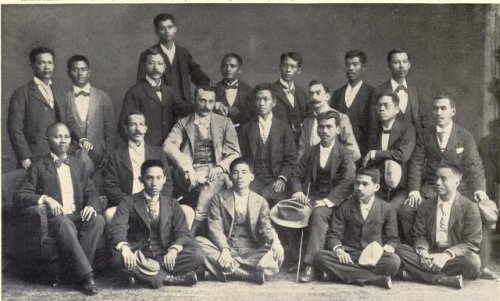
photo source
The Communist ideals in the country has its deep root coming from the Spanish regime a specially the Encomienda system wherein there were unequal distributions between the ownership of the lands especially to the Spanish authorities and the peasants. The Communist movement in the Philippines official began with the creation of the Communist Party of the Philippines or the Partido Komunistang Pilipinas stemming from the labour groups and peasants.
The book written by Amado Guerrero or better known as Jose Maria Sison entitled the Philippine Society and Revolution tries to present the accurate ideas of the movement. Accordingly to Sison “ it is a comprehensive way from the standpoint of Marxism-Leninism-Mao Tsetung Thought the main strands of Philippine history, the basic problem and struggle of the Filipino people, the prevailing structure and the strategy and tactics and class logic of the revolutionary solution – which is the people’s democratic revolution.
The Communist Manifesto inspired Jose Sison
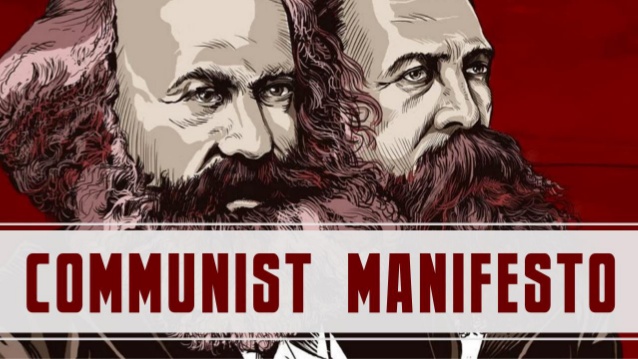
photo source
It was the Communist Manifesto of Marx and Engels the entrenched as the ideological inspiration and serves as motivation for Sison in figuring the dialectics of the Philippine revolution. The Working class became the pioneer to the revolutionary era. The workers and the peasant served as the backbone of the revolutionary movement. The peasant made a vital role in the revolution. The peasant group are characterized by recurring poverty, often abuse due to powerlessness, precarious productive systems, constant subjection to impositions and exaction from external forces, and persistent threat of extinction. It is very vivid how these peasant wanted reform and change.
Joma Sison and the Creation of Communist party Philippines
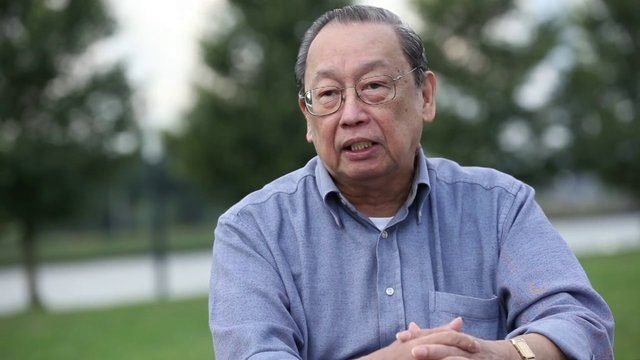
photo source
Officially formed on December 26, 1968, the Communist party of the Philippine became the changing point for the Filipino peasants. PKP emphasizes on their standpoint to assert and carry the unfinished struggles and dilemmas of the Filipino masses.
HUKBALAHAP
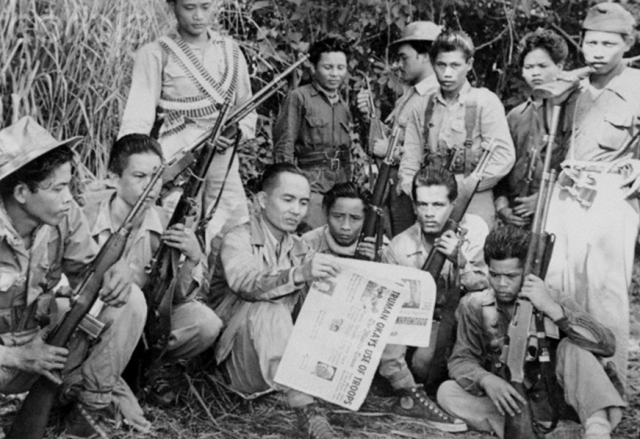
photo source
Doomed by the series problem the Communist party of the Philippine formed the HUKBALAHAP or Hukbong Bayan Laban sa mga Hapon as a guerrilla movement whose majority members were the peasants of central Luzon led by Luis Taruc to fought against the Japanese army the country.
The central Luzon plain is rich as an agricultural area where large concentrated population of peasant worked as a tenants farmers on large areas. It’s quite evident how the Communist ideals had changed the expression of these peasants as the movement served has been fighting a guerrilla war against the state since the late 1960s.
The Peasant farmers and other working classes, many of whom were literate by this time thanks to American efforts to abolish mass illiteracy under Spanish rule, were demoralized by stagnant social conditions and the failure of the United States to grant Philippine independence after the war with Spain.
The Changing Goal of HUKBALAHAP
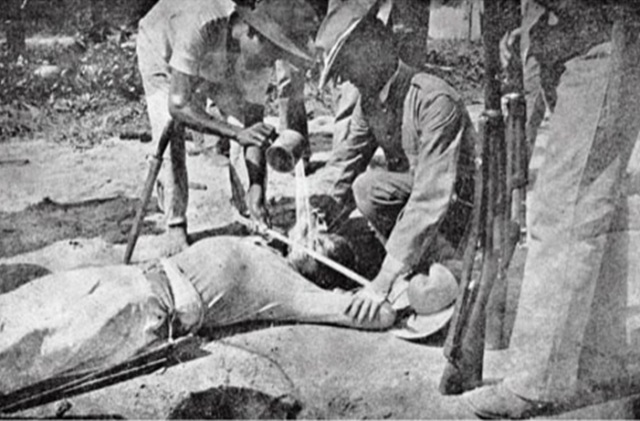
photo source
The path of Hukbalahap went differently from being the raised arm against the abusive landlords and the Spanish authorities to later became an anti government. The people's anti-Japanese army was originally formed in Sitio Bawit, Cabiao Nueva Ecija. is Taruc, who was tasked to be the commander-in-chief, headed the military committee. The other significant members were Casto Alejandrino, vice commander, Felipa Culala, and Bernardo Poblete, alias Tandang Banal.So from this standpoint we can merely conclude that this Hukbalahap movement was no ordinary one.
The Huk had also serous attacks against the Japanese armies. The concentration of these peasant who joined the movement were majority coming from central Luzon like Tarlac, Nueva ecija, Zambales, Pampanga Bataan and Bulacan. These Huks were trained excessively and were well equipped army for guerrilla wars. Accordingly, they increased their efforts to recruit both military and political strength and to secure additional arms and ammunition with serious victory against the Japanese.
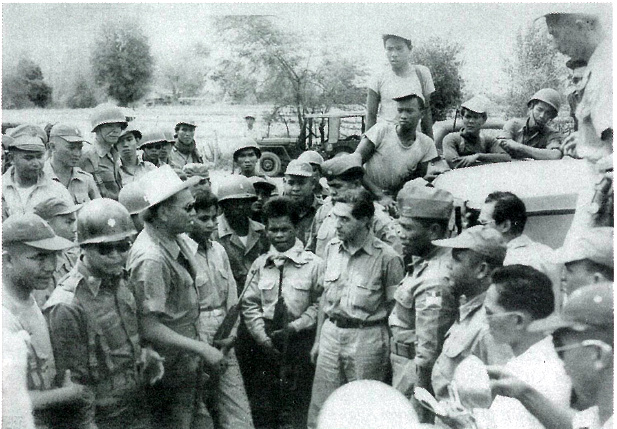
photo source
The peasants member were very active and even establish their own local government. Upon analyzing this we can conclude that there are certain things that the Huks did on purpose like establishing their own local government in Tarlac and Pampanga may just be a sort of actions to impress the Americans. The Huk came to power in controlling the plain lands with an advocate on their minds a social structure in which societal classes must be abolished and that private property should not be owned by powerful government authorities but publicly owned.
The arrest of the leaders did not affect the fighting spirit of the Movement as leadership were passed through the other members. Forbes article state vividly that "the communist army advocates overthrowing the government in favor of a state led by the vast working class. It gets the most support in rural areas with "high levels of poverty and social inequality". Although faced with dilemma specially during Roxas' administration Hukbalahap claimed that it extended its guerrilla warfare campaign for over a decade merely in search of recognition and acceptance unto as World War II freedom fighters and former American and Filipino allies who deserved a share of war reparations.
The End of HUKBALAHAP
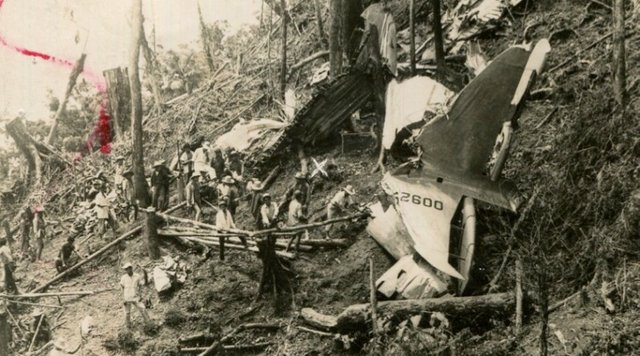
photo source
The farmers and Huks faith came to an end as start of the PKP's formal involvement in the Huk rebellion, the party believed that destroy into confusion military account could topple the government in two years. Accordingly, "large contributor of this belief was that a "revolutionary situation" existed and that peasant groups elsewhere would eventually join the rebellion, ignoring the fact that most of the insurrection was contained in Central Luzon.
LUIS TARUC SURRENDERS
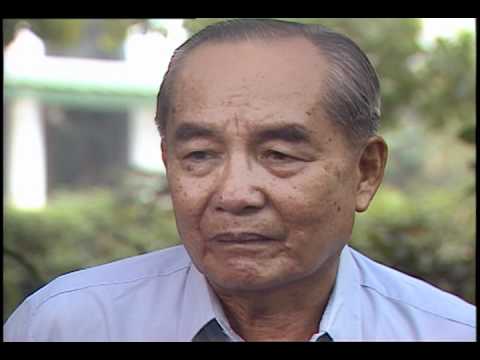
As an assessment, there was clearly a division of ideologies between the PKP leaders and other peasants. The leader Luis Taruc came down to his power. From the Mountain where he used to live for a while Taruc stated his support can no longer exist thus wanted to reaffirm the revolutionary situation. Formally in addition as well Taruc made final verdict through his open letter , a letter calling for both party, a peaceful negotiation with the HUKS and the government. President Magsaysay played a vital role for the settlement of the Huks as well as president Quirino who served an initiated a peace with the leaders of the Movement that happen in Pampanga.
CONCLUSION
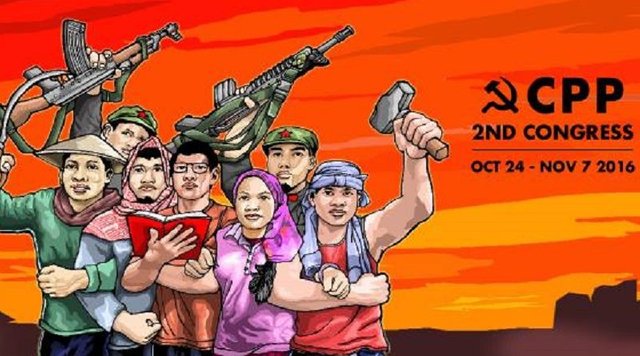
photo source
Moreover, as a conclusion, the communist ideology had really put a big impact on the expression of nationalism towards the peasant and other leftist or other group who were considered as the marginalized group. The ideology created chaos but efficiently the peasant were recognized to what they were fighting for. Establishing a revolutionary government requires basically a strong force with the drastic changes in terms of the strategic and tactical approach of the communists in the Philippines are worth noting at this mere point.
In an documented interview with Sison, He commended the peasant for courage to voice out for the total reforms and thus explained the failure of CCP. For Sison, "The main ideological weakness of all previous leaderships of the Communist Party of the Philippines has been subjectivism, appearing in the form of dogmatism and empiricism, and resulting in Right and “Left” opportunist lines. The Philippines, being a semi-colonial and semi-feudal country, has a large petty bourgeoisie which serves as the historical and social basis for subjectivism.
The sense of Nationalism aroused and taught us to love our motherland. our nationalistic consciousness has brought to build strong nation has open the gate for human development.
Thank you for reading my Historical essay
Sources
1.Vic Biorseth, The Embattled Catholic Thinker. (San Diego Press 2009)Retrieved on May 07, 2018 from https://www.catholicamericanthinker.com
2.Frederick Engels,The Principles of Communism. (1914, Eduard Bernstein in the German Social Democratic Party’s Vorwärts!)Retrieved on May 08, 2018 from https://www.marxists.org/archive/marx/works
3.Galang, Roberto Martin N., A Brief History of the Philippine Communist Movement (June 15, 2012). Available at SSRN: https://ssrn.com/abstract=2084850 or http://dx.doi.org/10.2139/ssrn.2084850
4.Jose Maria Sison, Philippine Society and Revolution(originally published as a mimeograph, 1970.) http://www.philstar.com/opinion/2016/10/23/1636367/communist-party-philippines
5.Eduardo Tadem, Marxism, the Peasantry and Agrarian Revolution in the Philippines(May 04, 2006http://www.europe-solidaire.org/spip.php?article16121
6.Basilio David,Hukbalahap Movement: Born of the People by Luis Taruc(Philippine Studies vol. 2, no. 4 (1954): 389–392Ateneo de Manila University
7.LoiueAzama, The Huk and the NPA, p. 209; and Lapus, "The Communist Huk Enemy, p. 13.
8.William Moore, THE HUKBALAHAP INSURGENCY, 1948-1954: AN ANALYSIS OF THE ROLES, MISSIONS AND DOCTRINE OF THE PHILIPPINE MILITARY FORCES(1 March 1971, Army War College Carlisle Barracks, Pennsylvania) http://www.dtic.mil/dtic/tr/fulltext/u2/773529.pdf
9.Ralph Bennings, Why The Philippines Can't Crush Its Deadly Communist Movement--Even 50 Years Later(2008, Forbes New York) https://www.forbes.com/sites/ralphjennings/2017/03/21
10.Saulo, Alfredo.Communism in the Philippines: an Introduction.(1990 Ateneo de Manila University Press)
11.Scribd, Errors Still Unrectified: A Brief Historical Outline of the Philippine Left(December 06, 2009) https://filipinoscribbles.wordpress.com/2009/12/26/errors-still-unrectified-a-brief-historical-outline-of-the-philippine-left-with-commentar
Congratulations @zam398, your post have been featured at Best of PH Daily Featured Posts.
You may check the post here.
About @BestOfPH
We are a curation initiative that is driven to promote Filipino authors who
are producing quality and share-worthy contents on Steemit.
If you would like to delegate to Best of PH you can do so by clicking on the following links.
100SP, 250SP, 500SP, 1000SP, 5000SP.
See Curation/Delegation Incentive Scheme here. Be sure to leave at least 50SP undelegated on your account.
Follow our trail and vote for curated Pinoy authors. If you are a SteemAuto user, @bestofph is an available trail to follow.
If you want to be part of the community, join us on Discord
Thank youu
Congratulations! This post has been upvoted by the communal account, @steemph.cebu by zam398 being run at Teenvestors Cebu (Road to Financial Freedom Channel). This service is exclusive to Steemians following the Steemph.cebu trail at Steemauto. Thank you for following Steemph.cebu curation trail!
Don't forget to join Steem PH Discord Server, our Discord Server for Philippines.
You have been upvoted by the @sndbox-alpha! Our curation team is currently formed by @jeffbernst, @bitrocker2020, @jrswab & @teachblogger . We are seeking posts of the highest quality and we deem your endeavour as one of them. If you want to get to know more, feel free to check our blog.
Nice kaau imung content @zam398